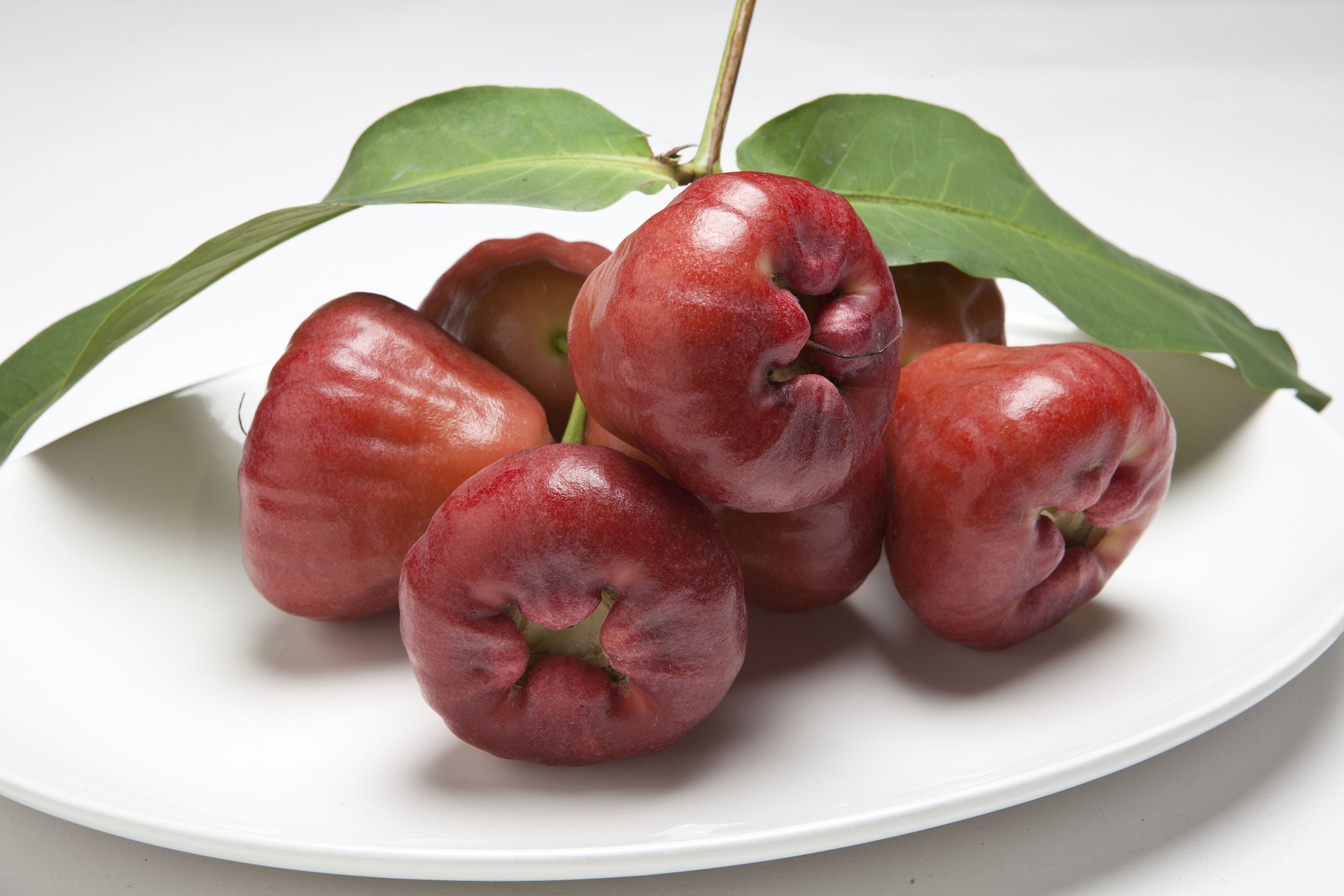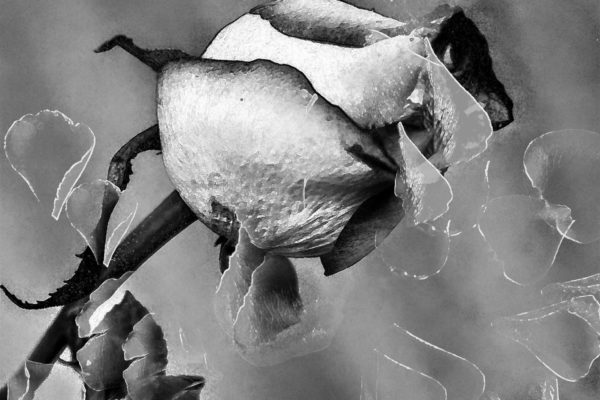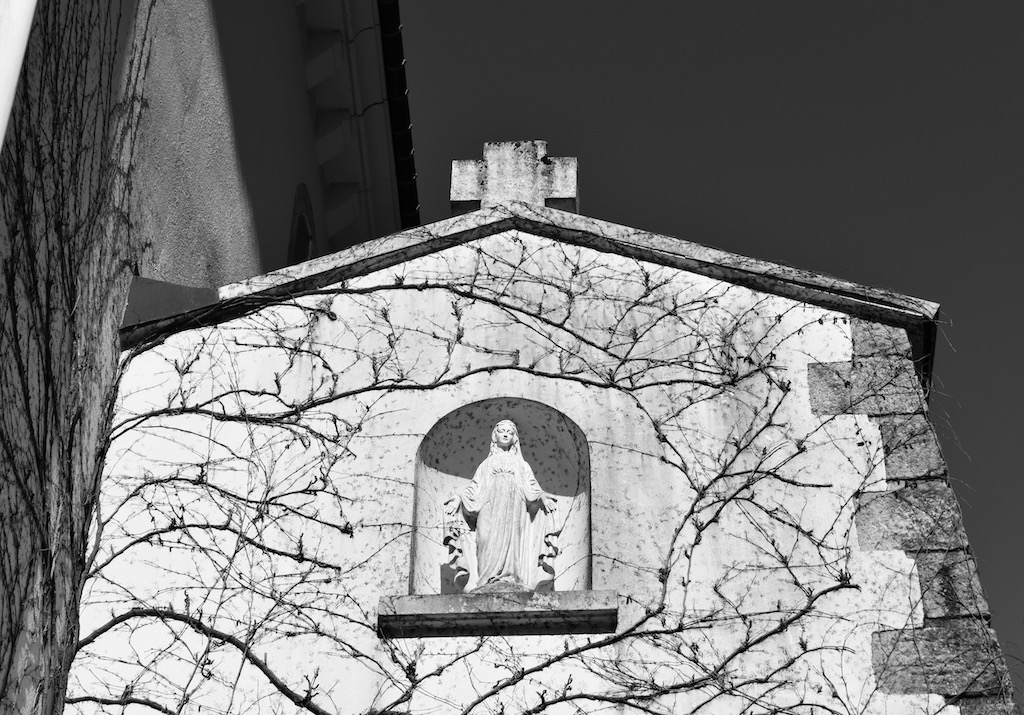I’ve decided it to betentatively agreeable giving to colors Possibly-stories.
Reason withdrawn, my mother’s white strikes a tender incognito. It’s the white of a towel she—a crisp and confused bride—would daily scrub clean. Then warm. And a newborn I—equally crisp, more confused—chewed with frustrated vigor when, regularly, in the country my father’s sins were born, the lights went out.
The same white of the lace picked to be stitched to a dress. That God’s wife will wear to her wedding. And has worn before.
Anun-tightly bottled, finely aged white. A white whose five children no longer go by their given name. A white whose own fists have been beaten black.
The white of a hypnotic procession of vertical, lane dividing lines, zipper-dotting the I-10 freeway; dividing arid Arizona and creamy California; dividing desert-sand from that of beach:
One eye staring out and adumbrating their accumulation, the other, steering survival. White, divided—by windshield—between my skull and the hundreds of miles of solid hot asphalt stretched out and decaying in both directions. And the white of wondering what happens if I were to fly through. Crash into.
To sip blue, I go to the first too heavy water: the first genuinely drowning fear. And savoring the unseemly delicacy its taming of which immediately follows.
Which is entirely unlike red, who’s always rushing toward hopeful, ultimately, hopeless resolutions. The perfect shade of lipstick. The realest fake blood.The red in which a lover’s lips always appear, and the cayenne peppers most preferred for spicing the meal to feed the mouth between.
Arrogant, able red. As read in the eyes of a betrayer; felt in the act of betrayal. And swallowed following an episode of reliving either.
Red, invisible. Unimaginable. Always palpable. And the red of the highly combustible notion that perhaps it is not.
Calling next to mind the debouching luminosity of yellow. Of the first corn, and of a large mouth yellow fish, its face peeling off by blade of a stubborn, hungry fisherman. And the yellow of its amber reflection,in the eyes of his spectating, hungrier children.
In the flame of sixth birthday candles: time, protracted, so as to witness the initial charring formication of each one round its wick. Yellow of the gentle, warm fire, fueling most kindled memories of childhood. And of the whistling, steamy heir fogging all since.
Reason somewhat restored, we arrive last to black. To the facing my lap, burn-shield under surface of another square foil sheet. Torched unrecognizably blackto inhale another latest fix. And the misty hint of black blended within the white smoke after another climax, then exhaled.
To the black shading a shadow’s tone—my father’s. And the black of both his fading footsteps of instruction, and his wild wing strokes of hatred.
In what, the moment before the palpebral black of an involuntary glance, invariably catches the eye—in re-casing my Uncle’s stern, somewhat disarming profile, to another black: hisbeard. Growing. Then fading. Next always into the worst black of the stun-inducing through suffocating mise-en-scène in recollecting that mortifying morning. When I’m told he’s gone.
(This is no longer agreeable).
—
Mahad Zara was born in Karachi, lived in Chicago, then parts of Arizona, and now wonders whether he calls New York home. He is an MFA candidate in the Graduate Writing Program at Columbia University.




